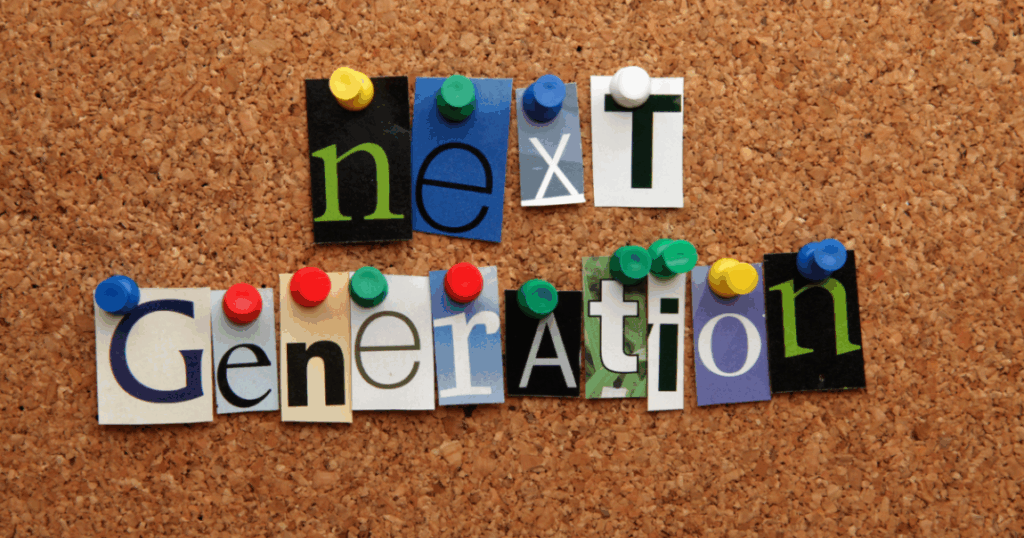
Recently I have been tasked to guide some new workers as interns for the future.
So I have tried to come up with methods to get this done.
First I did https://www.16personalities.com/ which is what I am aware of and is used in our HR to start.
Then after several attempts to explain how to ascertain how to find the strengths and weaknesses and correlate them to the future of work.
Here is a list of questions and how to ask them so that this can be done.
The worker is encouraged to answer honestly before feeding responses to AI:
Part 1: Discovering Strengths & Weaknesses
(Ask these first to build self-awareness)
- “What activities make me lose track of time? What specifically about them engages me?”
(Identifies flow states & intrinsic motivation) - “What tasks do I consistently avoid or dread? Why?”
(Highlights weaknesses/dislikes – procrastination often signals misalignment) - “What do people most often ask me for help with? (e.g., explaining ideas, fixing tech, creative input, organizing)”
(Reveals perceived strengths by others) - “Describe a recent accomplishment I’m proud of. What specific skills did I use to achieve it?”
(Concrete evidence of strengths in action) - “When working in a team, what role do I naturally fall into? (e.g., leader, planner, executor, mediator, idea generator)”
(Shows collaborative strengths/preferences) - “What frustrates me most when learning something new? (e.g., lack of structure, slow pace, unclear purpose, too much theory)”
(Points to learning style & potential weaknesses in adaptability/persistence) - “Do I recharge more by being with people (extroverted energy) or alone (introverted energy)? How does this impact my stamina for different tasks?”
(Crucial for energy management – a hidden strength/weakness) - “What feedback have I received (good or bad) that stuck with me? Why did it resonate?”
(Uncovers self-perception and sensitivity to critique)
Part 2: Connecting to Future Work (Next 20 Years)
(Feed Part 1 answers + ask these to get AI future-mapping)
- “Based on my described strengths [LIST THEM], what emerging or growing fields/roles (next 10-20 years) are a natural fit where these strengths would be highly valued?”
- “Given my described weaknesses/avoidances [LIST THEM], what high-growth future fields should I approach cautiously or ensure I have support systems/teammates to compensate?”
- “What future-proof human skills (e.g., creativity, complex problem-solving, empathy, persuasion, adaptability) align best with my strengths? How can I intentionally develop these further?”
- “What roles exist (or will emerge) at the intersection of my key strengths and the predicted rise of AI/automation? (e.g., roles focused on managing, training, explaining, applying, or ethically guiding AI)”
- “Considering industries predicted for significant growth (e.g., renewable energy, AI ethics, personalized health, sustainable tech, mental health, advanced manufacturing), which ones best leverage my strengths and minimize exposure to my weaknesses?”
- “What future work models (e.g., remote freelance, project-based teams, entrepreneurship, global collaboration) best suit my energy/style preferences identified earlier?”
Key Future Work Themes (for AI to reference)
When the AI analyzes answers, it should focus on future work emphasizing:
- Human-AI Collaboration: Roles leveraging uniquely human skills alongside AI (e.g., AI trainer, interpreter, strategist).
- Complex Problem Solving: Tackling ambiguous, interdisciplinary challenges (climate, health, logistics).
- Creativity & Innovation: Generating novel ideas, solutions, and experiences.
- Social & Emotional Intelligence: Care, education, negotiation, community building, user experience.
- Adaptability & Continuous Learning: Navigating rapid technological/social change.
- Sustainability & Ethics: Designing/managing systems for long-term societal/environmental health.
How the 18-Year-Old Should Use This
- Self-Reflect: Answer Part 1 questions honestly before using AI.
- Input to AI: Provide their answers to Part 1 + Ask the Part 2 questions.
- Analyze & Discuss: Review AI output critically. Discuss with mentors/counselors. AI is a starting point, not an oracle.
- Experiment: Test suggestions through projects, courses, or shadowing.
This approach moves beyond generic career quizzes by forcing self-awareness first, then explicitly linking it to future trends where their unique profile can thrive. It also realistically addresses weaknesses to avoid poor-fit paths.
Leave a Reply